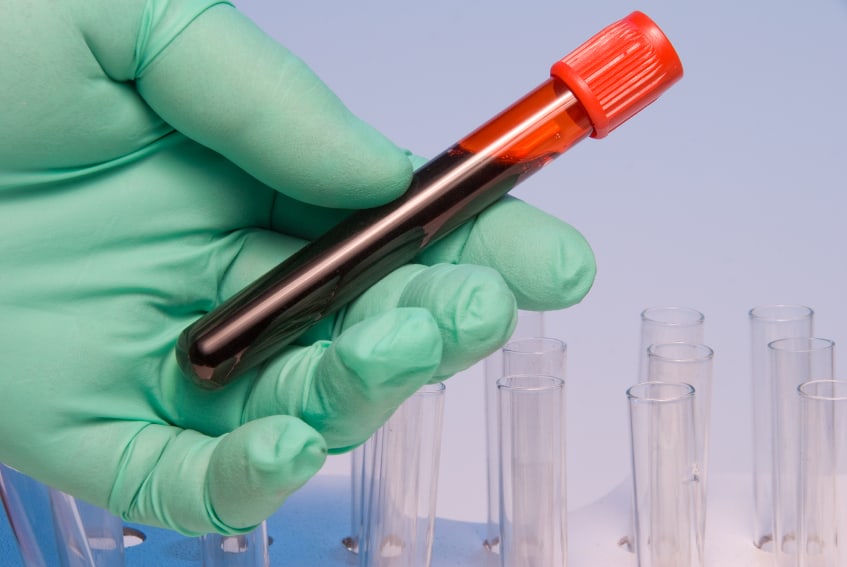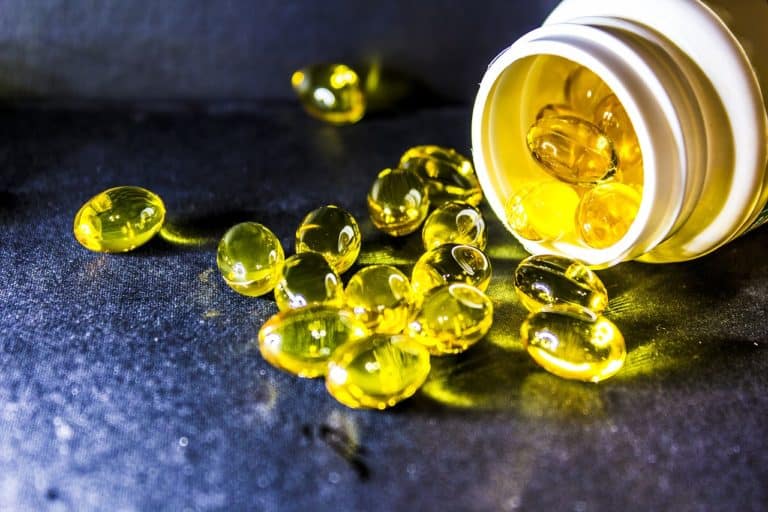If you have an upcoming PSA test, be aware that certain activities and conditions can temporarily raise your PSA. Here are six things to do before a PSA test.
1. Make sure you don’t have a urinary tract infection.
A bacterial infection in your urinary tract can cause PSA levels to rise temporarily, so if you suspect you may have a UTI, you should have a urine test before your PSA test just to make sure. Symptoms of a urinary tract infection include an unusually frequent need to urinate, an intense urge to urinate, pain or burning sensation during urination, and cloudy or foul-smelling urine. Symptoms associated with a UTI that has reached the kidneys include nausea and vomiting, pain or pressure in the bladder area, fever with or without chills, and pain in the side or upper back. If you do have an infection, you will be given a prescription for antibiotics. Six weeks after you have completed the course of medication, you can have your PSA test.
2. Avoid vigorous exercise
This includes any activities that stimulate or “jostle” the prostate, including bike riding, motorcycling, and riding a horse, ATV, or tractor, or prostate massage, for example, for 48 hours before your test.
3. Abstain from sexual activity
No sex (including masturbation) for 48 hours before your test. Ejaculation within this time period may affect PSA results, especially in younger men.
4. Wait at least six weeks after undergoing certain procedures
These procedures include: prostate biopsy, transurethral resection of the prostate (TURP), urethral catheter, cystoscopy (procedure in which tube with a camera is passed through the penis to look into the bladder), or other procedures that involve the prostate. Consult your doctor before having your PSA tested if you have had any type of prostate procedure.
5. Do not have the DRE test.
If you have a PSA test and a prostate examination scheduled (including a digital rectal examination [DRE]), make sure you have the PSA test done first. Although a DRE or other parts of a prostate exam should not affect PSA levels, doctors generally recommend doing the PSA test first as a precaution.
6. Stop taking certain medications
Talk to your doctor if you are taking statins, nonsteroidal anti-inflammatory drugs, medications to control urinary problems such as finasteride or dustasteride, or other medications, natural supplements, and herbal remedies, such as saw palmetto. All of these substances have the potential to affect PSA levels.







